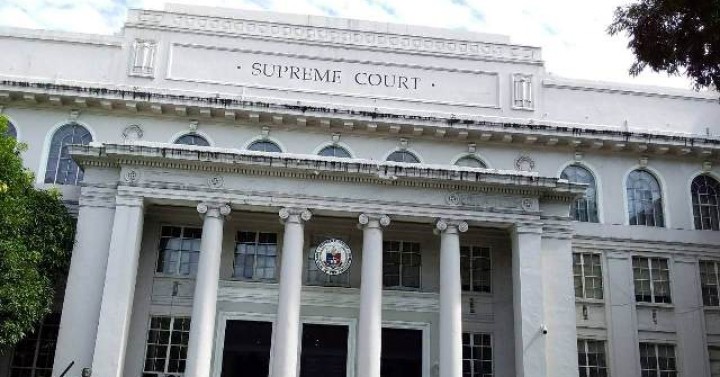Headline
SC defers ruling on gag order plea vs. ABS-CBN
MANILA – The Supreme Court (SC) on Wednesday decided to defer ruling on the motion filed by the Office of the Solicitor General (OSG) for a gag order against broadcast giant ABS-CBN Corporation in the quo warranto petition alleging violations of the firm’s legislative franchise.
SC spokesperson Brian Keith Hosaka said the high court has reset its discussion on the matter to March 10 to be able to scrutinize more thoroughly the parties’ pleadings.
“The case will be taken up again by the en banc on March 10, 2020. This is to give the Justices time to go over the pleadings submitted by the parties including the comments recently filed by the respondents,” Hosaka said in a press briefing.
Solicitor General Jose Calida earlier said the propaganda by the broadcast firm violates the sub judice rule which restricts parties, witnesses, the public in general, and most especially lawyers and judges from making comments and disclosures in relation to pending cases before the courts, acts which may render them liable for indirect contempt.
Calida, in his motion for a gag order, cited five videos on the suit aired by ABS-CBN and its affiliate DZMM and online news platform news-abs-cbn.com.
He also cited statements given by ABS-CBN, its artists, and other personalities to various media outfits on the petition for quo warranto.
The OSG earlier filed the petition seeking to forfeit the legislative franchise of the network due to “highly abusive practices of ABS-CBN benefitting a greedy few at the expense of millions of its loyal subscribers.”
He added that “these practices have gone unnoticed or were disregarded for years”.
Calida said ABS-CBN had been hiding behind an “elaborately crafted corporate veil”, and alleged that it was allowing foreign investors to take part in the ownership of a Philippine mass media entity by issuing Philippine Deposit Receipts (PDRs) through ABS-CBN Holdings Corp., which is a violation of the 1987 Constitution.
Under the 1987 Constitution, mass media ownership is limited to Filipinos.
Calida added the broadcasting firm “abused” the privilege granted by the State when it launched and operated a pay-per-view channel in ABS-CBN TV Plus, the KBO Channel, without prior approval or permit from the National Telecommunications Commission.
“While it is true that broadcasting is a business, the welfare of the people must not be sacrificed in the pursuit of profit,” Calida said.
Calida said ABS-CBN Convergence, Inc. resorted to an “ingenious corporate layering scheme” in order to transfer its franchise without the necessary congressional approval.
ABS-CBN has earlier denied Calida’s allegations and insisted on its compliance with all laws governing its franchise.
It also reiterated that its PDRs “were evaluated and approved” by the Securities and Exchange Commission and the Philippine Stock Exchange prior to its public offering.
At least 11 lawmakers filed proposals to take up whether the Lopez-controlled firm’s congressional franchise should be granted when its original franchise expires on March 30.
Under the law, the grantees of a broadcasting franchise must secure from the government, through the NTC, the required permits and licenses for their operation.






















